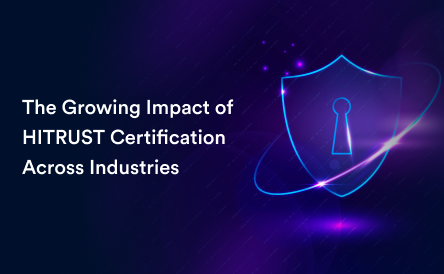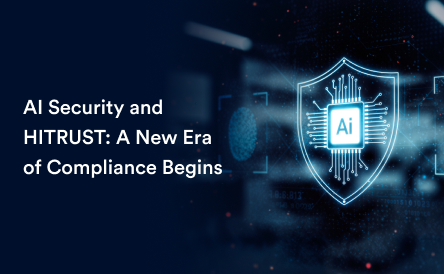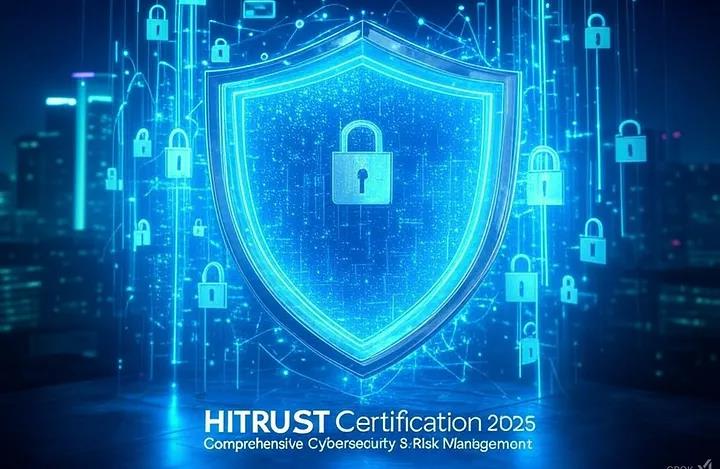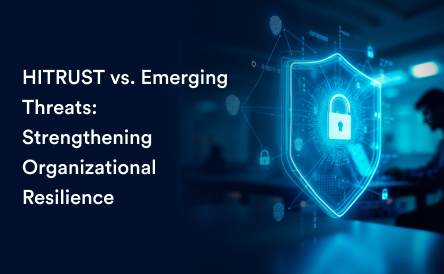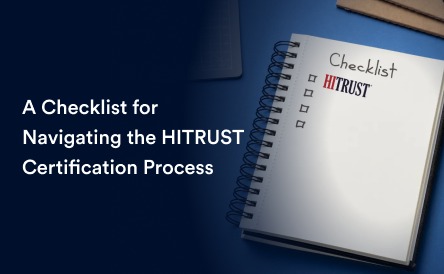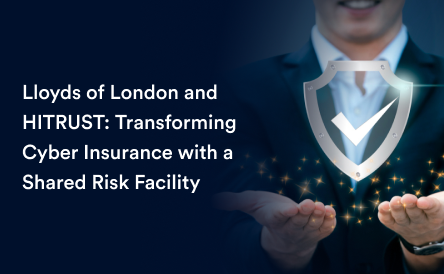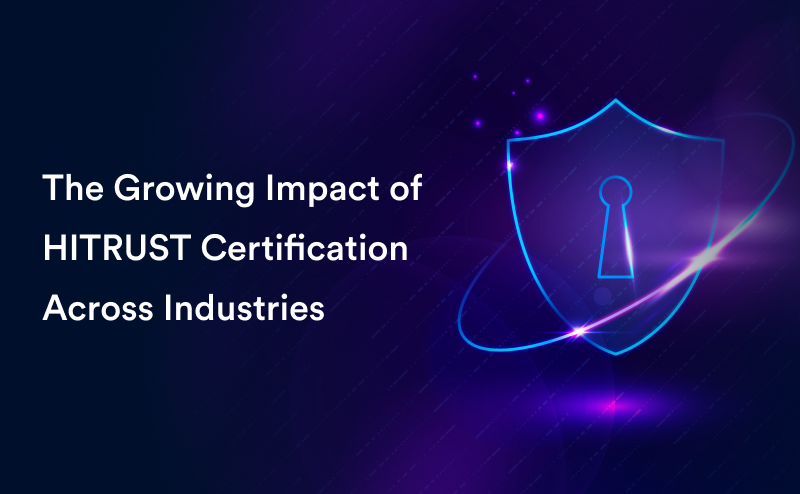
In today’s interconnected world, where sensitive data is at the heart of business operations, the need for robust cybersecurity measures and regulatory compliance is paramount. The HITRUST Common Security Framework (CSF), originally designed to meet the stringent requirements of the U.S. healthcare industry, has rapidly evolved into a global benchmark for organizations across various sectors.
This blog explores the growing impact of HITRUST certification beyond healthcare, its adoption across diverse industries, and why it is becoming the gold standard for data security and compliance.
The Expansion of HITRUST Certification Beyond Healthcare
1. Healthcare’s Early Adoption
HITRUST certification was initially developed to address the unique compliance needs of the healthcare industry, particularly in meeting the HIPAA Security and Privacy Rules. Over the years, healthcare organizations have relied on HITRUST to protect protected health information (PHI), mitigate risks, and streamline vendor management.
2. Beyond Healthcare: A Growing Trend
While healthcare remains the largest adopter of HITRUST certification, its framework has expanded to cater to:
- Finance and Insurance: Ensuring compliance with PCI DSS, GLBA, and other financial data security standards.
- Technology and SaaS Providers: Meeting data protection requirements for cloud services and SaaS platforms.
- Retail and E-Commerce: Enhancing payment security and protecting customer data.
- Manufacturing and Supply Chain: Securing intellectual property and operational data.
This cross-industry expansion highlights the versatility of the HITRUST CSF in addressing diverse regulatory requirements and security challenges.
Why HITRUST Certification Is Gaining Traction
1. Comprehensive Regulatory Alignment
The HITRUST CSF integrates over 40 regulatory standards, including:
- GDPR (General Data Protection Regulation)
- ISO 27001
- NIST SP 800–53
- PCI DSS
By harmonizing these standards, HITRUST simplifies compliance, making it easier for organizations to meet multiple regulatory requirements with a single framework.
2. Third-Party Risk Management
Many industries are adopting HITRUST certification as a requirement for their vendors and partners. For example:
- UPMC, a leading healthcare provider, mandates HITRUST certification for its vendors to ensure data protection across cloud-based workflows.
- Financial institutions use HITRUST to evaluate third-party risks and improve vendor onboarding efficiency.
3. Enhanced Security Posture
HITRUST certification emphasizes operationalized security controls, helping organizations:
- Reduce vulnerabilities.
- Mitigate the risk of data breaches.
- Demonstrate a proactive approach to cybersecurity.
4. Competitive Advantage
Organizations with HITRUST certification signal their commitment to protecting sensitive data, giving them an edge in highly competitive and regulated markets.
Industry-Specific Examples of HITRUST Adoption
Healthcare
- HITRUST certification remains the gold standard for healthcare organizations managing PHI.
- Vendors serving the healthcare sector, such as XiFin, have earned HITRUST r2 certification to enhance trust and security in revenue cycle management.
Finance
- Financial institutions leverage HITRUST to align with frameworks like GLBA and PCI DSS, ensuring robust data protection and regulatory compliance.
- Insurers such as those in the Lloyd’s of London Cyber Consortium use HITRUST certification as a foundation for tailored cyber insurance policies.
Technology and SaaS Providers
- Cloud service providers, including ClearDATA, have achieved HITRUST r2 certification to meet stringent client and regulatory requirements.
- SaaS platforms increasingly adopt HITRUST to reassure customers of their commitment to security.
Retail and E-Commerce
- Retailers integrate HITRUST into their cybersecurity programs to protect customer data and comply with PCI DSS.
Manufacturing
- HITRUST certification helps manufacturers safeguard sensitive operational and intellectual property data.
The Benefits of HITRUST Certification Across Industries
- Streamlined Compliance
HITRUST’s comprehensive framework allows organizations to address multiple regulatory requirements simultaneously, saving time and reducing costs. - Improved Risk Management
The risk-based approach of HITRUST enables organizations to focus on mitigating their most critical threats. - Increased Stakeholder Confidence
HITRUST certification reassures customers, partners, and regulators that an organization prioritizes security and compliance. - Simplified Vendor Management
For organizations managing a network of third-party vendors, HITRUST certification provides a standardized assurance mechanism.
Key Trends Driving HITRUST Adoption
- Rising Cyber Threats
As cyberattacks grow more sophisticated, organizations are seeking proven frameworks like HITRUST to bolster their defenses. - Global Regulatory Pressure
With stricter regulations emerging worldwide, HITRUST’s ability to unify compliance standards makes it an attractive option for global enterprises. - AI and Emerging Technologies
HITRUST’s recent focus on AI security demonstrates its adaptability to emerging risks, ensuring organizations remain protected as technology evolves. - Insurance Industry Collaboration
The Lloyd’s of London Cyber Consortium, built on HITRUST certification, highlights the framework’s growing role in shaping cyber insurance policies.
HITRUST certification has grown from a healthcare-focused framework to a trusted standard across industries. Its ability to harmonize regulations, enhance security, and build trust makes it an invaluable asset for organizations managing sensitive data in today’s complex threat landscape.
Whether you’re in healthcare, finance, technology, or retail, HITRUST certification offers a clear path to stronger security and compliance. With increasing adoption across sectors, it’s clear that HITRUST is setting the standard for how industries approach data protection.
Ready to start your HITRUST journey? Contact Praveen Kumar at Finstein for expert guidance:
Email: Praveen@Finstein.ai
Phone: +91 99400 16037

